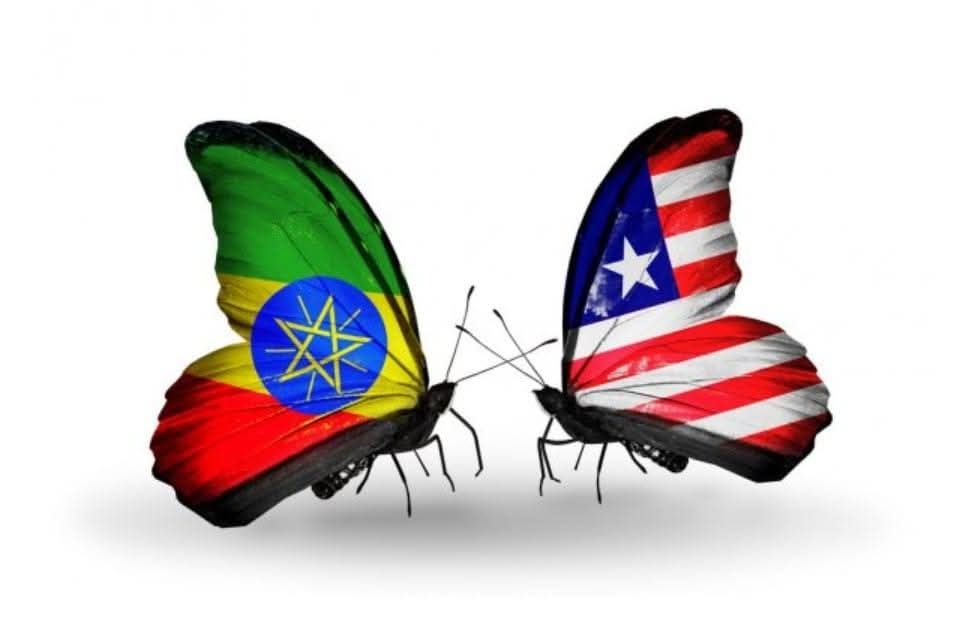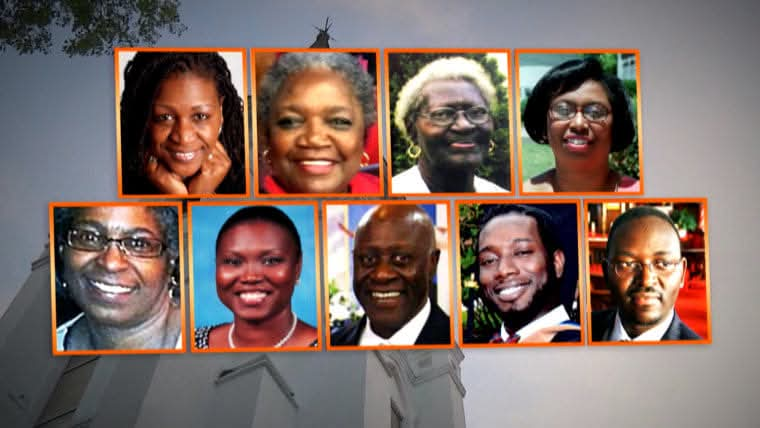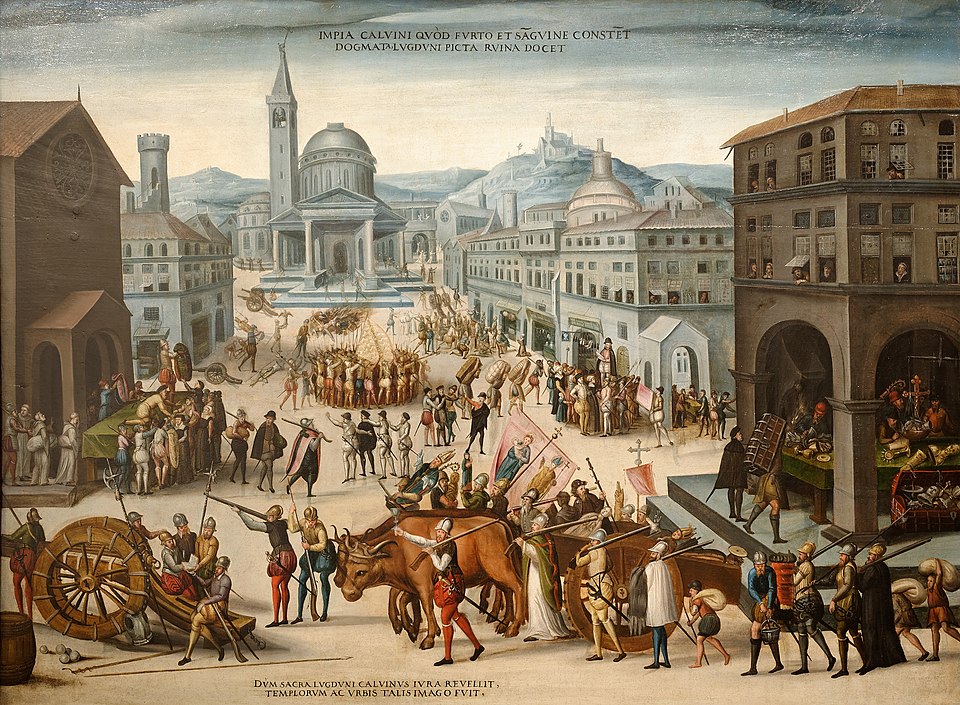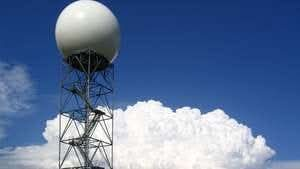WORLD WAR 3: Historical and Current Incidents That Pose Close Call to a Global Third War
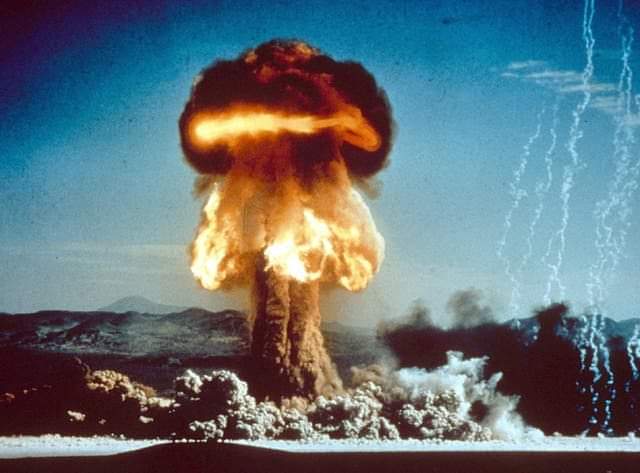
Did you know that computer system errors in 1979 and in 1983 by the U.S. and the U.S.S.R. respectively, almost led to a Third World War?
Before the beginning of World War II in 1939, World War I (1914–1918) refered to as "The Great War" was believed to have been the war to end all wars. It was popularly believed that never again could there possibly be a global conflict of such magnitude. The outbreak of World War II disproved the hope that humanity might have already "outgrown" the need for such widespread global wars.
Due to the development and use of nuclear weapons near the end of World War II and their subsequent acquisition and deployment by many countries, the potential risk of a nuclear apocalypse causing widespread destruction of Earth's civilization and life is a common theme in speculations about a Third World War (WW III). Another primary concern is that biological warfare could cause many casualties. A large-scale apocalyptic events like WW III, caused by advanced technology used for destruction, could render Earth's surface uninhabitable.
With the initiation of the Cold War arms race in the 1950s, an apocalyptic war between the United States and the Soviet Union became a real possibility. During the Cold War era (1947–1991), a number of military events have been described as having come quite close to potentially triggering World War III. Below are some of these historical close calls. It is also hoped that the recent invasion of Ukraine by Vladimir Putin's Russia forces would not escalate into WW III.
1️⃣ KOREAN WAR (25 June 1950 – 27 July 1953)
The Korean War was a war between two coalitions fighting for control over the Korean Peninsula: a communist coalition including North Korea, China and the Soviet Union, and a capitalist coalition including South Korea, the United States and the United Nations Command. Many then believed that the conflict was likely to soon escalate into a full-scale war between the three countries: the US, the USSR, and China. Secretary of State Dean Acheson later acknowledged that the U.S. Truman administration was concerned about the escalation of the conflict and that General Douglas MacArthur warned him that a U.S.-led intervention risked a Soviet response.
2️⃣ BERLIN CRISIS (4 June – 9 November 1961)
The Berlin Crisis of 1961 was a political-military confrontation between the United States and the Soviet Union at Checkpoint Charlie with both a number of American and Soviet/East German tanks and troops at stand off at each other only 100 yards on either side of the checkpoint. The reason behind the confrontation was about the occupational status of the German capital city, Berlin, and of post–World War II Germany. The Berlin Crisis started when the USSR launched an ultimatum demanding the withdrawal of all armed forces from Berlin, including the Western armed forces in West Berlin. The crisis culminated in the city's de facto partition with the East German erection of the Berlin Wall. This stand-off ended peacefully on 28 October following a US–Soviet understanding to withdraw tanks and reduce tensions.
3️⃣ CUBAN MISSILE CRISIS (15–29 October 1962)
The Cuban Missile Crisis is a confrontation on the stationing of Soviet nuclear missiles in Cuba, in response to the failed Bay of Pigs Invasion. It is considered as having been the closest to a nuclear exchange, which could have precipitated a Third World War. The crisis peaked on 27 October, with three separate major incidents occurring on the same day. Despite what many believe to be the closest the world has come to a nuclear conflict, throughout the entire standoff, the Doomsday Clock, which is run by The Bulletin of the Atomic Scientists to estimate how close the end of the world, or doomsday, is, with midnight being the apocalypse, stayed at a relatively stable seven minutes to midnight. This has been explained as being due to the brevity of the crisis, since the clock monitored more long term factors such as leadership of countries, conflicts, wars, and political upheavals, as well as societies' reactions to said factors.
4️⃣ SINO-SOVIET BORDER CONFLICTS (2 March – 11 September 1969)
The Sino-Soviet border conflict was a seven-month undeclared military border war between the Soviet Union and China at the height of the Sino-Soviet split in 1969. The most serious of these border clashes, which brought the world's two largest communist states to the brink of war, occurred in March 1969 in the vicinity of Zhenbao (Damansky) Island on the Ussuri (Wusuli) River, near Manchuria. The conflict resulted in a ceasefire, with a return to the status quo. Critics point out that the Chinese attack on Zhenbao was to deter any potential future Soviet invasions; that by killing some Soviets, China demonstrated that it could not be 'bullied'; and that Mao wanted to teach them 'a bitter lesson'. China's relations with the USSR remained sour after the conflict, despite the border talks, which began in 1969 and continued inconclusively for a decade. Following the events of 1969, the Soviet Union further increased its forces along the Sino-Soviet border, and in the Mongolian People's Republic.
5️⃣ YOM KIPPUR WAR SUPER-POWER TENSIONS (6–25 October 1973)
The Yom Kippur War, also known as the Ramadan War, or October War, began with Arab victories. Israel successfully counterattacked. Tensions grew between the US (which supported Israel) and the Soviet Union (which sided with the Arab states). American and Soviet naval forces came close to firing upon each other in Mediterranean Sea. Admiral Daniel J. Murphy of the US Sixth Fleet reckoned the chances of the Soviet squadron attempting a first strike against his fleet at 40 percent. The Pentagon moved Defcon status from 4 to 3. The superpowers had been pushed to the brink of war, but tensions eased with the ceasefire brought in under UNSC 339.
6️⃣ NORAD COMPUTER ERROR OF 1979 (9 November 1979)
The United States made emergency retaliation preparations after North American Aerospace Defense Command (NORAD) saw on-screen indications that a full-scale Soviet attack had been launched. No attempt was made to use the "red telephone" hotline to clarify the situation with the USSR and it was not until early-warning radar systems confirmed no such launch had taken place that NORAD realized that a computer system test had caused the display errors. A senator inside the NORAD facility at the time described an atmosphere of absolute panic. A GAO investigation led to the construction of an off-site test facility to prevent similar mistakes.
7️⃣ "PETROV SAVE" INCIDENT (26 September 1983)
A false alarm occurred on the Soviet nuclear early warning system, showing the launch of American LGM-30 Minuteman intercontinental ballistic missiles from bases in the United States. A retaliatory attack was prevented by Stanislav Petrov, a Soviet Air Defence Forces officer, who realised the system had simply malfunctioned (which was borne out by later investigations).
8️⃣ ABLE ARCHER ESCALATIONS (2–11 November 1983)
During Able Archer 83, a ten-day NATO exercise simulating a period of conflict escalation that culminated in a DEFCON 1 nuclear strike, some members of the Soviet Politburo and armed forces treated the events as a ruse of war concealing a genuine first strike. In response, the military prepared for a coordinated counter-attack by readying nuclear forces and placing air units stationed in the Warsaw Pact states of East Germany and Poland under high alert. However, the state of Soviet preparation for retaliation ceased upon completion of the Able Archer exercises.
9️⃣ NORWEGIAN ROCKET INCIDENT (25 January 1995)
The Norwegian rocket incident was the first World War III close call to occur outside the Cold War. This incident occurred when Russia's Olenegorsk early warning station accidentally mistook the radar signature from a Black Brant XII research rocket (being jointly launched by Norwegian and US scientists from Andøya Rocket Range), as appearing to be the radar signature of the launch of a Trident SLBM missile. In response, Russian President Boris Yeltsin was summoned and the Cheget nuclear briefcase was activated for the first and only time. However, the high command was soon able to determine that the rocket was not entering Russian airspace, and promptly aborted plans for combat readiness and retaliation. It was retrospectively determined that, while the rocket scientists had informed thirty states including Russia about the test launch, the information had not reached Russian radar technicians.
🔟 INCIDENT AT PRISTINA AIRPORT (12 June 1999)
On 12 June 1999, the day following the end of the Kosovo War, some 250 Russian peacekeepers occupied the Pristina International Airport ahead of the arrival of NATO troops and were to secure the arrival of reinforcements by air. American NATO Supreme Allied Commander Europe General Wesley Clark ordered the use of force against the Russians. Mike Jackson, a British Army general who contacted the Russians during the incident, refused to enforce Clark's orders, famously telling him "I'm not going to start the Third World War for you". Captain James Blunt, the lead officer at the front of the NATO column in the direct armed stand-off against the Russians, received the "Destroy!" orders from Clark over the radio, but he followed Jackson's orders to encircle the airfield instead and later said in an interview that even without Jackson's intervention he would have refused to follow Clark's order.
⏸️ RUSSIAN INVASION OF UKRAINE (24 February 2022 – ongoing)
On 24 February 2022, Russia's president Vladimir Putin ordered a large-scale invasion of Ukraine, marking a dramatic escalation of the Russo-Ukrainian War that began in 2014. The invasion has been described as the largest conventional warfare operation in Europe since World War II. The invasion received widespread international condemnation, including new sanctions imposed on Russia, notably included Russia's ban from SWIFT and the closing of all Western airspaces to Russian planes. Moreover, both prior to and during the invasion, some of the 30 member states of NATO have been providing Ukraine with arms and other material support. On 27 February, president Putin, who had already threatened about the nuclear arsenal of his country before the beginning of the invasion, ordered Russian nuclear deterrent forces on high alert, amid tensions with NATO over Ukraine. The United States, seeking a de-escalation, decided not to increase their nuclear alert system; on the following day, president Joe Biden stated that "Americans should not be worried about a nuclear war". On 2 March, Russia's foreign affairs minister Sergey Lavrov said that "if World War III were to take place, it would involve nuclear weapons and be destructive".
Sources: Wikipedia
Image: Independent
#penglobalfactfile #WWIII
